The Upcoming Digital Nomad Visa For South Korea
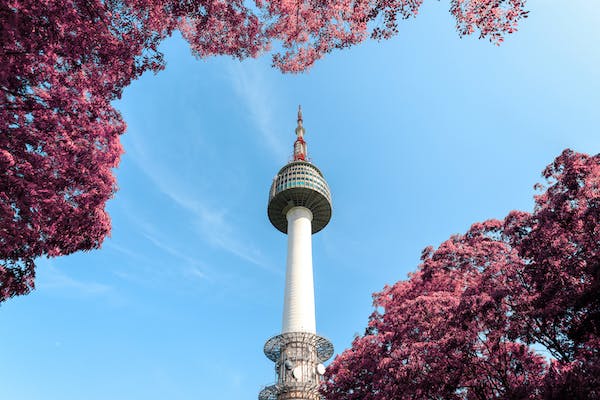
South Korean government is promoting its tourism industry by welcoming digital nomads to spend long periods in the country. The government aims to boost the economy, which was affected by the COVID-19 pandemic, and make 2023-2024 big years for tourism.
South Korean government is launching two visas aimed at attracting digital nomads, freelancers, KPOP fans, and corporate professionals. One of these visas is the "workation visa" which will allow digital nomads to live and work in the country for extended periods.
South Korea is rich in tourist attractions, including scenic beaches, picturesque mountains, historical temples, and fascinating museums. The country's small landmass makes it easy for visitors to travel around and see many different sites.
Living in South Korea: A Guide to Life in the Land of the Morning Calm
South Korea has long been an attractive destination for tourists and expats alike, with its rich culture, advanced technology, and gorgeous landscapes. Whether you're a digital nomad, a freelancer, or a corporate professional, South Korea has a lot to offer for those who choose to make it their home. In this article, we'll explore what it's like to live in South Korea, including the cost of living and the many attractions the country has to offer.
Cost of Living in South Korea

South Korea is one of the most developed countries in Asia, and as a result, its cost of living is relatively high compared to other countries in the region. However, it is still lower than many cities in Western countries such as Tokyo, London, and New York.
The average monthly cost of living for a single person in Seoul, the capital city, is around 1.5 million Korean won (approximately $1,400 USD). This includes expenses such as rent, food, transportation, and entertainment. Rent in Seoul is relatively high, with a one-bedroom apartment in the city center costing around 700,000 to 800,000 won ($600 to $700 USD) per month.
Food is relatively affordable in South Korea, with a meal at a local restaurant costing around 7,000 to 10,000 won ($6 to $9 USD). Groceries are also reasonably priced, with a week's worth of food costing around 50,000 to 70,000 won ($45 to $60 USD).
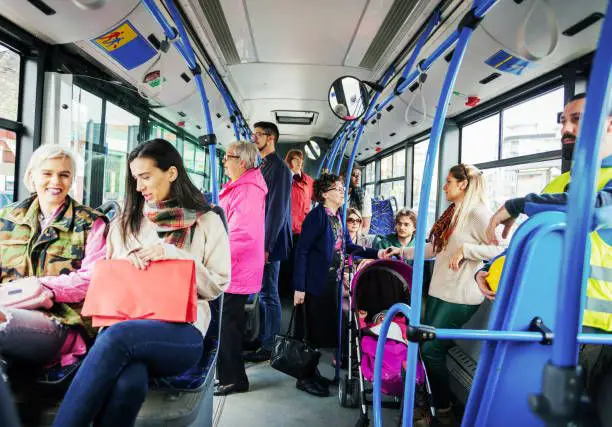
Transportation in South Korea is efficient and affordable, with a single subway or bus ride costing around 1,200 won ($1 USD). If you choose to drive, gas prices are relatively low, with a liter of gasoline costing around 1,800 won ($1.60 USD).
Entertainment in South Korea is also relatively affordable, with movie tickets costing around 10,000 to 12,000 won ($9 to $11 USD) and a night out at a bar or club costing around 20,000 to 30,000 won ($18 to $27 USD).
Attractions and Culture
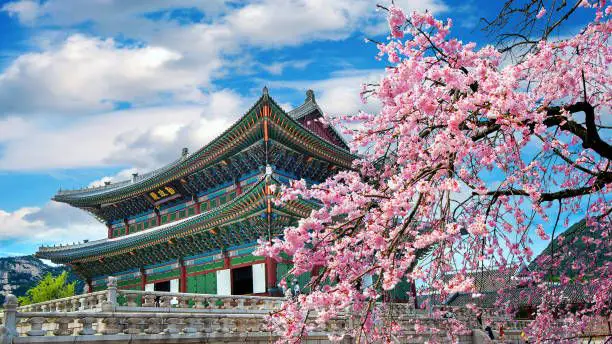
South Korea is a country rich in culture and history, with a rich heritage that spans back thousands of years. One of the most popular tourist attractions in South Korea is the Gyeongbokgung Palace, a grand palace in the heart of Seoul that was built in the 14th century. Visitors can tour the palace grounds, watch the changing of the guard ceremony, and learn about the country's royal history.
Another popular attraction is Jeju Island, a stunning volcanic island located off the coast of South Korea. Jeju is known for its beautiful beaches, stunning waterfalls, and unique rock formations. Visitors can also explore the island's many museums and cultural attractions, including the Jeju Folklore & Natural History Museum and the Jeju Horse Park.
South Korea is also famous for its delicious cuisine, with dishes such as kimchi, bulgogi, and bibimbap being some of the most popular. The country is also home to many street food stalls and markets, where visitors can try local specialties and experience the country's bustling food culture.
Technology and Innovation
South Korea is known for its cutting-edge technology and innovative spirit. The country is home to many leading technology companies, including Samsung, LG, and SK Telecom, and is a leader in fields such as 5G technology and artificial intelligence.
For those who love technology and innovation, South Korea offers a unique and exciting living experience.
South Korea Tourism Plan
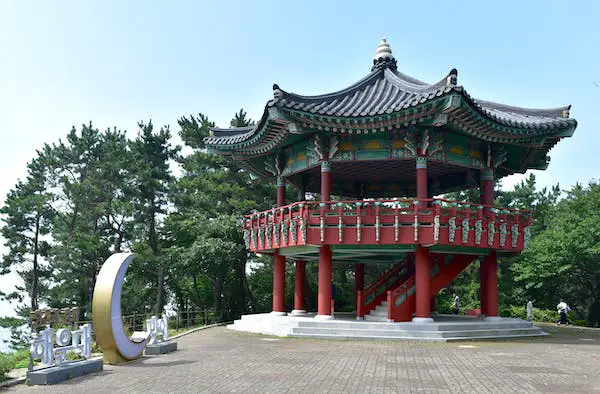
South Korean government is aiming to attract 30 million visitors per year by promoting its tourism industry and launching various visa programs for long-term visitors, including the workation visa for digital nomads.
The government's goal is to boost the economy and make the country a more attractive destination for those looking to live and work in a dynamic and technologically advanced environment.
The popularity of KPOP has captivated audiences in a variety of Western and Asian nations, including Brazil, Portugal, Indonesia, and Thailand. As a result, many individuals are eager to travel to South Korea to experience the culture and attend events first-hand.
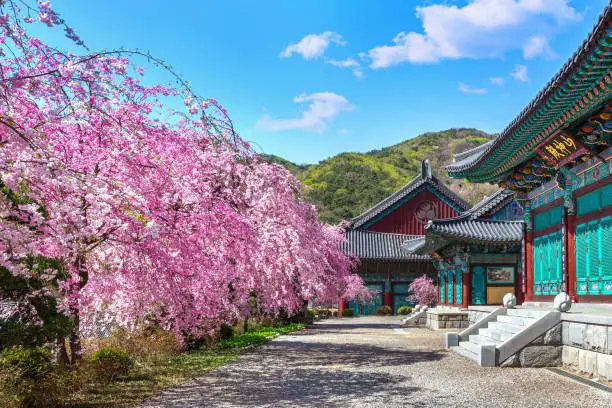
The South Korean government has responded to this demand by introducing a visa that enables individuals to visit the country specifically to immerse themselves in the world of KPOP.
In addition to its KPOP visa, South Korea has also plans to introduce a "workcation" or digital nomad visa, aimed at supporting remote workers and freelancers who want to reside in the country.
This new visa will provide a major upgrade for individuals who previously had to leave after a 90-day stay on a regular visa, and will allow them to extend their stay for a longer period. This move is expected to be a major draw for digital nomads who are seeking a vibrant and technologically advanced destination to live and work in.
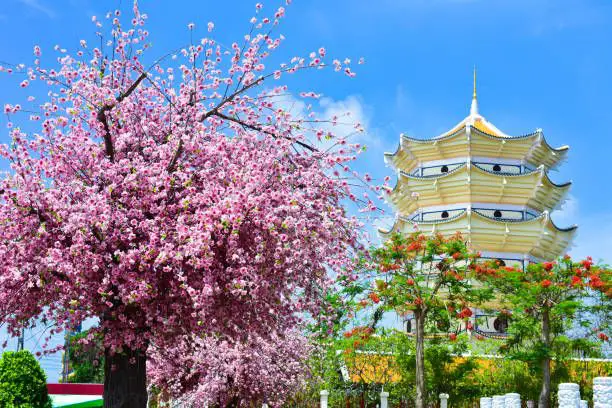
In addition to boosting its tourism industry and attracting digital nomads, the South Korean government has another objective - to bring in foreign talent to support key sectors of the economy.
One such sector is the hospitality industry, where the government plans to modify laws to increase the number of foreign employees working in hotels and other related businesses. This move is aimed at providing a pool of skilled workers to help these businesses thrive, while also creating job opportunities for foreign professionals in South Korea.
If you are considering working for a South Korean company, the digital nomad visa could provide a valuable opportunity to build connections and explore your options within the country.

By living in South Korea as a digital nomad, you will have the chance to network with local professionals, learn about the job market, and gain a better understanding of the country's business culture. This can provide a valuable platform for establishing long-term employment prospects and advancing your career.
Currently, if you want to transition from being a digital nomad to a local employee in South Korea, you would need to obtain a different visa. The rules and regulations regarding local employment on the digital nomad visa are yet to be clarified by the South Korean government.
However, a good benchmark to look at is Taiwan's Status Gold Card, which offers the flexibility for applicants to either work as digital nomads or as local employees after being accepted. It remains to be seen whether South Korea will adopt a similar approach.
When to Apply For The South Korea Digital Nomad Visa
The availability and the exact application process for the South Korean digital nomad visa have not been officially announced yet by the government. The launch of this visa is expected to take place in the 2023-2024 period as part of the government's plan to boost its tourism industry and attract long-term visitors. It's best to keep an eye on the official South Korean government websites and news sources for updates and further information on when and how to apply for the digital nomad visa.
